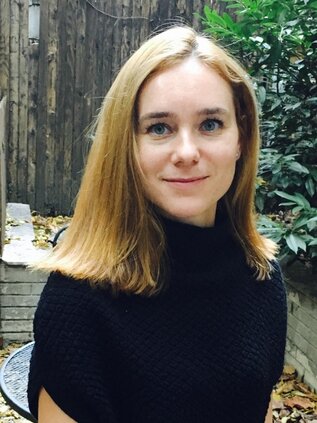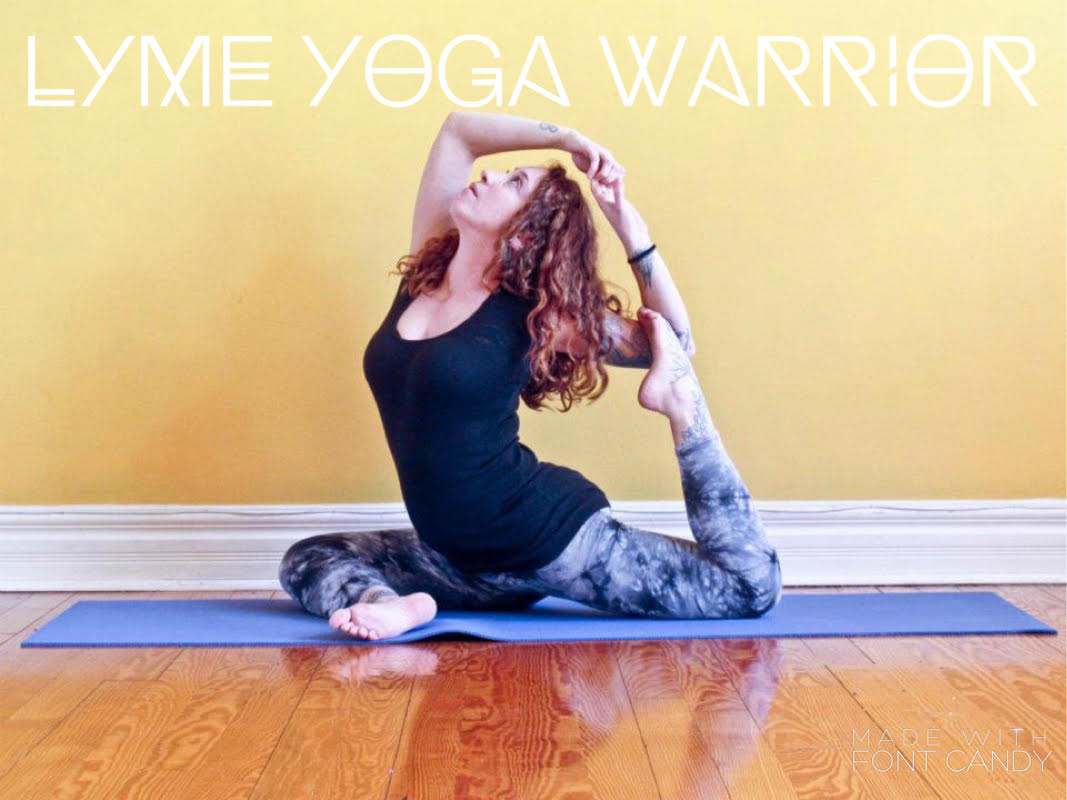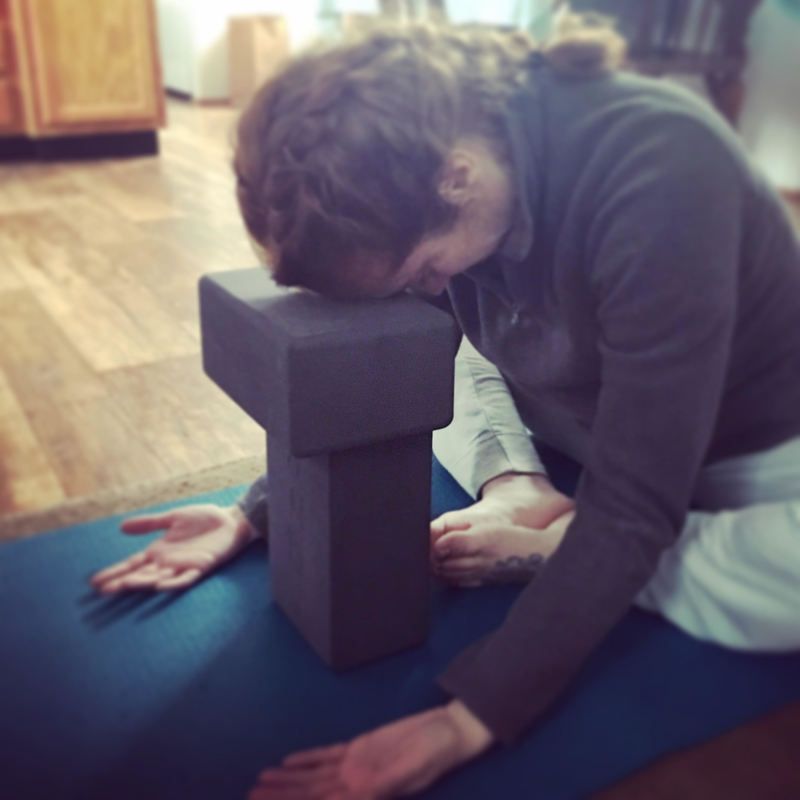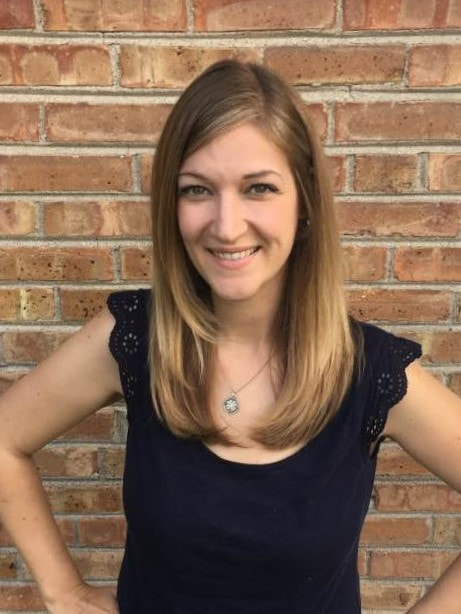|
Most of the links on this post are informational, but a few are affiliate links to help maintain this website  Dr. Elena Frid is a board certified Neurologist, who treats vector borne illness and autoimmunity in New York, New York. If you have Lyme you have probably heard of her, because she is a strong Lyme advocate, spreading information to various publications and online. On her website it says "Through social media, medical publications, and community "call to action" speaking engagements, Dr. Elena Frid has committed her time to bring awareness to medical colleagues, patients and families across the united States." This article was originally published in Dr. Frid's Newsletter and she has given me permission to publish it here: Interpreting Lyme Test - Not So Easy I have been writing to you about my involvement with Lyme disease and other tick borne illnesses for over six months. Through the letters one can see the vast involvement and damage these disorders can cause and can present in many different ways often mimicking other conditions. In my practice, I primarily see patients who have been undiagnosed for months or even years, often not receiving any treatment or not being treated appropriately. Part of the frustration in the Lyme community is the fact that there is no one good test that is accurate. The test that we have now is up to 50-70% inaccurate in some instances. In turn, if you test negative for Lyme disease on regular blood work--it doesn't mean you don’t have Lyme. In fact, recently the state of Maryland signed a bill into law that requires health care providers warn patients in writing that Lyme disease testing can be problematic and standard laboratory tests often result in false negative and false positive results. So what do we do? Well, my suggestion is educating yourself which is the reason for this newsletter. When a Lyme test is ordered through a regular lab, it goes through a two tier approach: ELISA and Western Blot - WB (3 IgM Antibodies and 10 IgG Antibodies) screening test. When the ELISA test comes back positive, only then a Western Blot test will be run, which tests for specific antibodies for Lyme disease. If you tested for ELISA and 2 out of 3 IgM Antibodies came back positive on WB, you are positive for Lyme, or positive for ELISA AND 5 out of 10 IgG Antibodies positive on WB=you have Lyme. The issue: a patient may falsely test negative for ELISA and so the bands will never be run/reported, or patients may test positive for a number of bands but not enough to meet the CDC/IDSA guidelines delineated above. Another important point is that not all WB IgM and IgG bands are created equal. If you speak to Lyme Literate Doctors (LLMD) they will tell you that some bands are more or less specific for Lyme disease. Therefore, many LLMDs look at quality of the bands not quantity in conjunction with assessing the clinical picture including physical findings. Bands that are considered to be Lyme specific according to the International Lyme And Associated Diseases Society (ILADS) guidelines: 18, 23, 30, 31, 34, 39, 93. Please note that some LLMDs also advocate the use of specialty laboratories to test for Lyme and associate diseases which many report is a more accurate way of looking for serologic evidence of exposure to tick borne illnesses. Take away points:
Thank you Dr. Frid for sharing this important information. Education is the best line of defense. She has asked that if you have a specific topic you would like to hear from her about to please leave a comment and she may write an article to address it. Visit Dr. Frid's website. You can also follow her on Twitter and YouTube.
"Sometimes courage is the quiet voice at the end of the day saying 'I will try again tomorrow.'" - Mary Anne Radmacher
1 Comment
Most of the links on this post are informational, but a few are affiliate links to help maintain this website. by Genevieve Goetz Anyone who has ever walked into a new yoga studio knows that nervous feeling of not knowing what to expect: where the props are, where to put your mat, which direction to face. We look to the regulars who already have their space all set up, as they talk to their friends or meditate. The yoga teacher is there to show you around, answer questions, and get you set up for class. For someone with a chronic illness, going to a new yoga studio can be terrifying and overwhelming. Your body has very specific needs, and you may not know what poses help or hurt. Class times are hard to attend due to fluctuating symptoms. Mobility can be minimal. Maybe like me, you only leave the house rarely. Medical equipment could be attached to your body, or used for movement. None of that means you cannot have a healthy, routine yoga practice. The benefits of yoga are vast, and can turn a terrible day into something wonderful. Whatever "limitations" you may have are an opportunity to find modifications of poses and new ways to explore yoga. Yoga is not a competition. There is no judgement or failure. It's all just practice. So give it a try. But first, here are my tips you should know before trying a class: Tips for Spoonies: How to Start a Yoga Practice: -You can begin your own personal practice, at your own pace. Take the anxiousness about trying something new and ease it with the knowledge this is all on your terms. -Yoga is whatever we want it to be, whatever we put into it. -Yoga does not have to be a long, vigorous class or an intimidating handstand seen via social media. -Start out small. -Take rest breaks, even if you are in the middle of class and everyone else is standing. -You know your body best. Rest is also very important in yoga, we practice it at the end of every class. Don't feel embarrassed about feeling differently than the person next to you. Yoga does not judge or compare. It's a purely individual practice. -Drink extra water to flush toxins after class. Lots of yoga poses detoxify the body, muscles, connective tissues and more. -Observe what helps and hurts your body so you can modify your poses in practice. If you feel a sharp, shooting pain during a pose that instinctively tells you to stop, then stop. There is a big difference between causing further injury than just feeling uncomfortable, needing to take a few breaths and reevaluate. -Talk to any future teacher about you, your body, and your needs. Most yoga teachers at studios are trained for 200 hours. I only had 10 hours on anatomy during my training. Fortunately I have studied it for years after. When I was a beginner teacher, I was very uncomfortable giving advice or modifications for people with injuries and illnesses. You may really have to simplify your symptoms when meeting a new teacher, and make sure they are understanding you. -There are teachers with 500 hour trainings, specialty certifications, and yoga therapists that could be a better fit for you. Do a little background search on the teacher and studio. -Regardless of training, all yoga teachers want to connect with their students so be open minded on building an ongoing relationship with them. The teacher could really get to know your needs. -Yoga is not treatment, a doctor, a cure all or a band aid. -It's always more fun to do yoga with friends. -Keep a yoga journal on how you felt before and after class, what the class was like, what worked for you. Before you know it, you have plenty to work with going forward in your practice. -I prefer to practice a gentle, restorative class and sometimes add strengthening poses in. I've lost a lot of tone due to atrophy and I want to work on getting it back. -If attending a studio, look for: gentle, restorative, yin, and beginner. Those are fairly passive classes that most can attend. -If you cannot attend yoga classes outside the house, there are many options for yoga online. There are many teachers on YouTube (again do background research that it's right for you). -If you don't want to move at all, join a local meditation group, or listen to meditation podcasts at home. "The soul is here for its own joy." - Rumi |
WelcomeI'm Kerry (She/Her/Hers) and I am a licensed therapist, group facilitator, poet, writer, & speaker. This is a place to acknowledge and validate our suffering and trauma, while also learning how to turn toward aliveness and spaciousness. Categories
All
Archives
April 2024
|
|
Copyright © 2024 Kerry J Heckman All rights reserved. Disclaimer.
|
|



 RSS Feed
RSS Feed